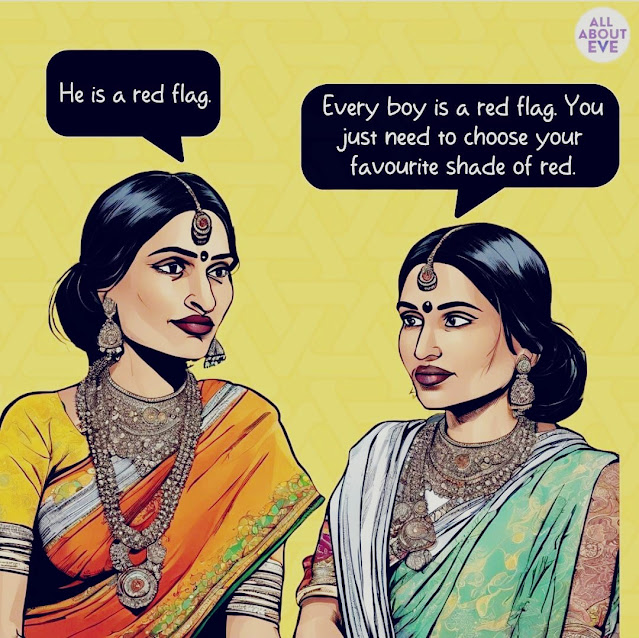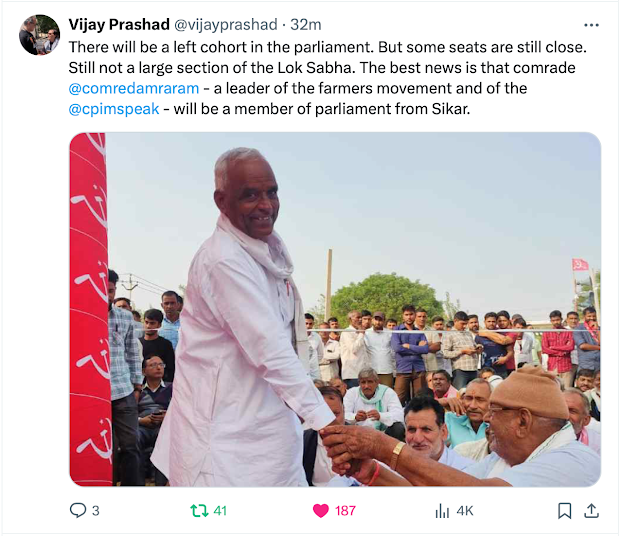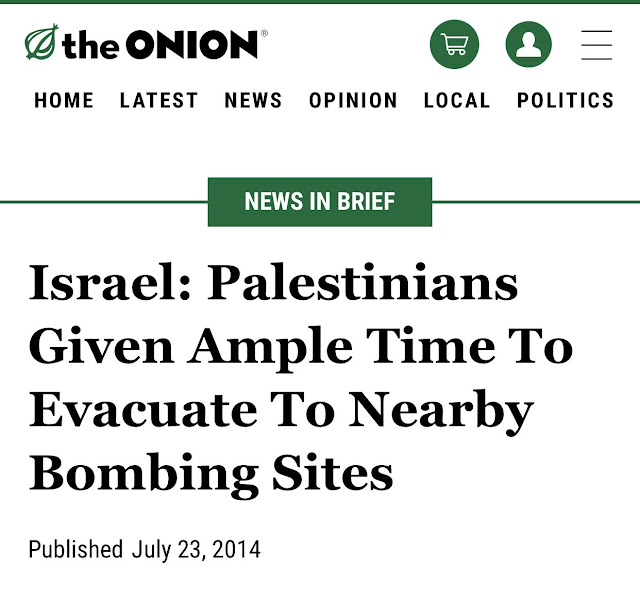1) This Weekend’s DC Protest Was Largest Pro-Palestine Mobilization in US History on November 5, 2023 in Truthout.
The event was organized by a coalition that included the Palestinian Youth Movement, ANSWER Coalition, American Muslim Alliance, The People’s Forum, National Students for Justice in Palestine, Al-Awda: The Palestine Right to Return Coalition, U.S. Palestinian Community Network (USPCN), U.S. Campaign for Palestinian Rights (USCPR), and Maryland2PalestineOrganizers. Organizers said in a statement that the march was “the culmination of weeks of protests in cities across the country.”
Mass marches and direct actions in the U.S., including large scale blockades and sit-ins, have drawn historic levels of participation in recent days, as Israel’s genocidal assault on Gaza has continued to intensify.
2) There Can Be No Peace in Sudan Without the Democratic Empowerment of Its People BY MUZAN ALNEEL in https://jacobin.com
The US and other Western governments cozied up to the Sudanese coup leaders who have now plunged the country into violent chaos. The only true hope for peace and democracy in Sudan lies with the popular resistance committees that are organizing against war.
Popular PowerFor more than a year since the coup on October 25 2021 the Sudanese resistance front has organized weekly protests led by neighborhood resistance committees. The demonstrators chant slogans calling for free education and health care public safety the army’s return to barracks and the dissolution of the RSF (in Arabic: صحة تعليم مجان والشعب يعيش في امان والعسكر للثكنات والجنجويد ينحل).
The international diplomats who invested their efforts in advocating and facilitating talks and agreements with the coup perpetrators judged these demands to be unrealistic and immature.
More than eight thousand neighborhood resistance committees engaged in the process that produced the Revolutionary Charter for the Establishment of People’s Power. This was a document that included a road map for rebuilding the government from the bottom up starting from local councils all the way to a national legislative body that would select and oversee the executive.
When the fighting broke out it was the experiences and tools of popular organizing that came to the rescue of the Sudanese people. Khartoum’s neighborhood resistance committees issued a joint statement on the second day clarifying their position: “We are not impartial as we are engaged in peaceful struggle against the militarization of our country.”
On the ground neighborhood groups were created on messaging apps such as WhatsApp focusing on the provision of services for the residents of their neighborhoods. This work included providing updates on what shops and bakeries were open and the availability of water and electricity sources as well as information on safe routes and assistance with evacuations from high-risk areas.
Support for the Sudanese people in this struggle will never come from the existing international organizations, which have no interest in real democracy that serves the popular will.
3) Government of Kerala declares May 17 as Kudumbashree Day
Kudumbashree, which started working in the state in 1998 with the aim of absolute poverty eradication and economic-social empowerment of women, will complete twenty-five years on 17 May 2023.
See more on Wikipedia: https://en.wikipedia.org/wiki/Kudumbashree.
4) Imran Khan’s Arrest Has Brought Pakistan One Step Closer to the Brink BY AYYAZ MALLICK on 05.19.2023 in Jacobin.
The Pakistani authorities arrested former PM Imran Khan earlier this month, provoking a violent backlash from his supporters. Pakistan is going through a profoundly dangerous crisis where miscalculation by the main political actors could result in disaster.
In response for at least a few days in central Pakistan the military faced a measure of comeuppance that was long overdue. Over the last seventy years the Pakistani ruling bloc —especially its militarized core — has consistently instrumentalized forces and discourses of the conservative right to suppress every progressive stirring in Pakistani society in the name of national security. Pakistan’s ruling bloc has crushed every popular movement for freedom and self-determination in the name of national security.
The bloc has choked every democratic impulse in the name of religion and crushed every popular movement for freedom and self-determination in the name of national security. It has invaded and destroyed the privacy of homes and violated the sanctity of life and body through forced disappearances.
Now however a popular force has emerged — to be sure a popular force of the Right — that has invaded and looted the extraordinarily ornate homes of Pakistan’s generals.
Every major faction party and institution of the Pakistani ruling bloc was thus involved in this brazen robbery of the public. From the PML-N and the PPP to Khan’s reigning PTI government and the military establishment all have benefitted from their cozy relationship with the real estate monopolies. Hence the extraordinary nimbleness of state and polity in minimizing Riaz’s losses when the Supreme Court and UK NCA judgements appeared.
In Pakistan networks of patronage and graft function to keep unreliable allies onside. They also help tie contractors middlemen and capitalists both large and small to the Pakistani state and its mainstream parties through highly personalized linkages.
The narrow social base and modus operandi of the ruling bloc also conditions the populist insurgency represented by Khan and his PTI movement. On the one hand limited opportunities for the accumulation of wealth and the diminishing scale of imperial patronage available over the last decade especially from the United States has driven different fractions of the ruling elite to engage in fratricidal conflict over what’s left.
The PTI has no systematic program or vehicle of terror on the model of the Nazi Brownshirts or the Hindutva right’s Bajrang Dal in India. Nor do Khan and the PTI possess the organized social base, especially among the popular classes, that has characterized fascisms, both historical and contemporary.
Khan’s right-wing populism represents neither anti-imperialism nor fascism. It derives from the historical failings of Pakistan’s ruling bloc and its reliance on theological and patriotic obfuscations to legitimize itself. Khan himself has emerged as an alternative focus of attraction and devotion to the military in central Pakistan.
5)
6)
7) Death by a Thousand Small Cuts: The Problem with Low Quality Oppression by Christine Mungai and Dan Aceda on April 11, 2019 in The Elephant.
The problem with this low-quality oppression is the way it clouds your mind and robs you of language, precision and analytical power. And it keeps you busy dealing with it so that you cannot even properly engage with more systemic problems.
This “colonial mental disorder” as Fanon would call it is in our view a broader problem that we call “low quality oppression” whose insidious effects are more serious than you might imagine. And yes it’s odd that we have reached the stage where we can rank and rate oppression the same way we give stars to online products. But this is the reality of living in this country at this time. Our reality can be so dire sometimes that with all manner of oppression attacking from all sides we must prioritise. Do we first deal with nepotism profligate spending and outright theft in government or do we pause a little and first push through the application for a birth certificate?
You see, in this part of the world, it is common for extremely important but low-level government services to get stuck in a bureaucratic process because “mkubwa hayuko” (the Important Person is not around).
“Corruption” is one such dominant political vernacular that houses all our collective anger and anxiety of living under a political system where outright theft is the order of the day. “Development” is another political vernacular that is the repository of all our dreams and what we want to be. These two act in concert with each other, disciplining our minds and tethering our freedom dreams, taking them down the same, predictable path.
“Development captures imaginations—one is not permitted to think beyond, against, or beside development,” Macharia writes. “But the failure of development projects – often through corruption – only leads to demands for more development projects, and quite often the same ones.”
8) Dismantling Of PTI And Lessons Unlearned by Pervez Hoodbhoy on May 24, 2023 in https://dissenttoday.net/opinion/dismantling-of-pti-and-lessons-unlearned/.
The military establishment has learned no lessons from the failure of Project Imran. The army is too powerful too entrenched and too deeply imbued with the notion that it is the only savior of Pakistan. The retreat we are presently seeing is purely temporary and the offence posture is coming back. Yes Project Imran crashed and therefore last November we had outgoing General Qamar Javed Bajwa’s famous mea culpa where he confessed that for seven decades the army had “unconstitutionally interfered in politics”.
9) “I write with the same hands that carried shit”: Reading Pandiyakannan’s ‘Salavaan’ by Ashik Kahina in https://www.himalmag.com. 25 May 2023.
The Tamil writer Pandiyakannan the first novelist from the Kuravar community offers an intimate portrait of the lives of manual scavengers.
The five landscapes into which the Tamil country has been classified since the Sangam age are common knowledge: kurinci (hills), mullai (forest), marutam (fields), neytal (coast) and palai (wasteland).
The Kuravars are the indigenous people of kurinci land. The earliest Sangam poems describe the men as hunters of honey and game and the women as soothsayers. The description of Kuravars in the classic Tamil poem Kuttrala Kuravanci – made popular through modern-day versions by the Dravidian leader M Karunanidhi and the Bharatanatyam dancer Rukmini Devi Arundale – shows some consistency with descriptions of them from the Sangam age, suggesting that the Kuravars were engaged in their traditional vocations as late as the 18th century, when the Kuravanci was written.
The 19th century brought seismic changes. The British colonial government razed vast swathes of forest in the hills to make way for plantations, railways and towns. The Kuravars, like many other indigenous communities, were displaced and made nomads, living off any work they could get.
Resisting encroachment landed them on the government's list of "criminal tribes" and behind the bars of its multiplying prisons.
That first edition, published by the Communist Party of India (Marxist)-affiliated Bharathi Puthakalayam, was riddled with errors and barely readable.
"Salavaan" means male pig. In addition to doing sanitation work, the Kuravars in the novel raise, butcher and sell pigs for a living. Pigs are central to the special events in their lives: funerals are incomplete without pork, pigs are given as dowry.
In Pandiyakannan's telling of history, the Cholas, who ruled one of the three great empires in Tamil history, kept battalions of pigs in their army. When they invaded the lands of other kingdoms, they would send the pig battalions first to wreck their fields and plantations.
It is common for works of fiction to disavow their relation to real people or events, but Pandiyakannan proudly avows that every person and every event in the novel is real, drawn from his own life or the lives of those close to him.
Critics like Raj Gauthaman have written about how a lack of intimacy or concern with Dalit life led even the greatest of modern Tamil writers – Pudumaipithan, for example – to rely on stereotypes when depicting Dalits in their work. There is now a consensus, consolidated and affirmed by Dalit cultural organisations such as the film director Pa Ranjith's Neelam, that since the 1990s, when Dalits took charge of their own stories, a true picture of Dalit life in all its dimensions has emerged in the Tamil literary mainstream.
Salavaan is a novel in this tradition. It is not as coherent or powerful as Gorky's novel of proletarian uprising, but, unlike Mother, it has close descriptions of work, and the dialogue is not redolent of the stage. It possesses a greater intimacy and objectivity than Gorky's work, plunging the reader deep into the everyday world of its characters without interpreting it for them. Readers are unlikely to find anywhere else such intricate accounts of sanitation work – which, in conversation, Pandiyakannan called "a permanent war, a daily battle with death."
It was and remains usual to reward a party's most loyal and effective workers with high posts in government, but the DMK was, and still is, selective about the castes it gives power to. Pandiyakannan's father was rewarded with a government job, but only as a sanitation worker: a job deemed suitable for a Kuravar. Pandiyakannan's father accepted the post and remained a supporter of the DMK, as well as a thorn in its side, for as long as he lived, organising and leading a sanitation workers' union in Virudhunagar.
One of Pandiyakannan's favourite novels is the Kyrgyz writer Chingiz Aitmatov's Farewell Gulsary!, published in 1966. Its protagonists are Tanabai, now an old man but once a hero of the Russian Revolution, and the equally old and frail Gulsary, once a decorated racehorse. Stalin's regime pushes them into poverty, homelessness and obscurity. The novel consists of Tanabai recounting his life story to his horse as they wander in search of a home. Aitmatov's attempt to preserve the history of the Russian Revolution against Stalinist erasure inspired the final section of Salavaan, where Pandi tells Balan how he led a historic sanitation workers' strike.
10)














































